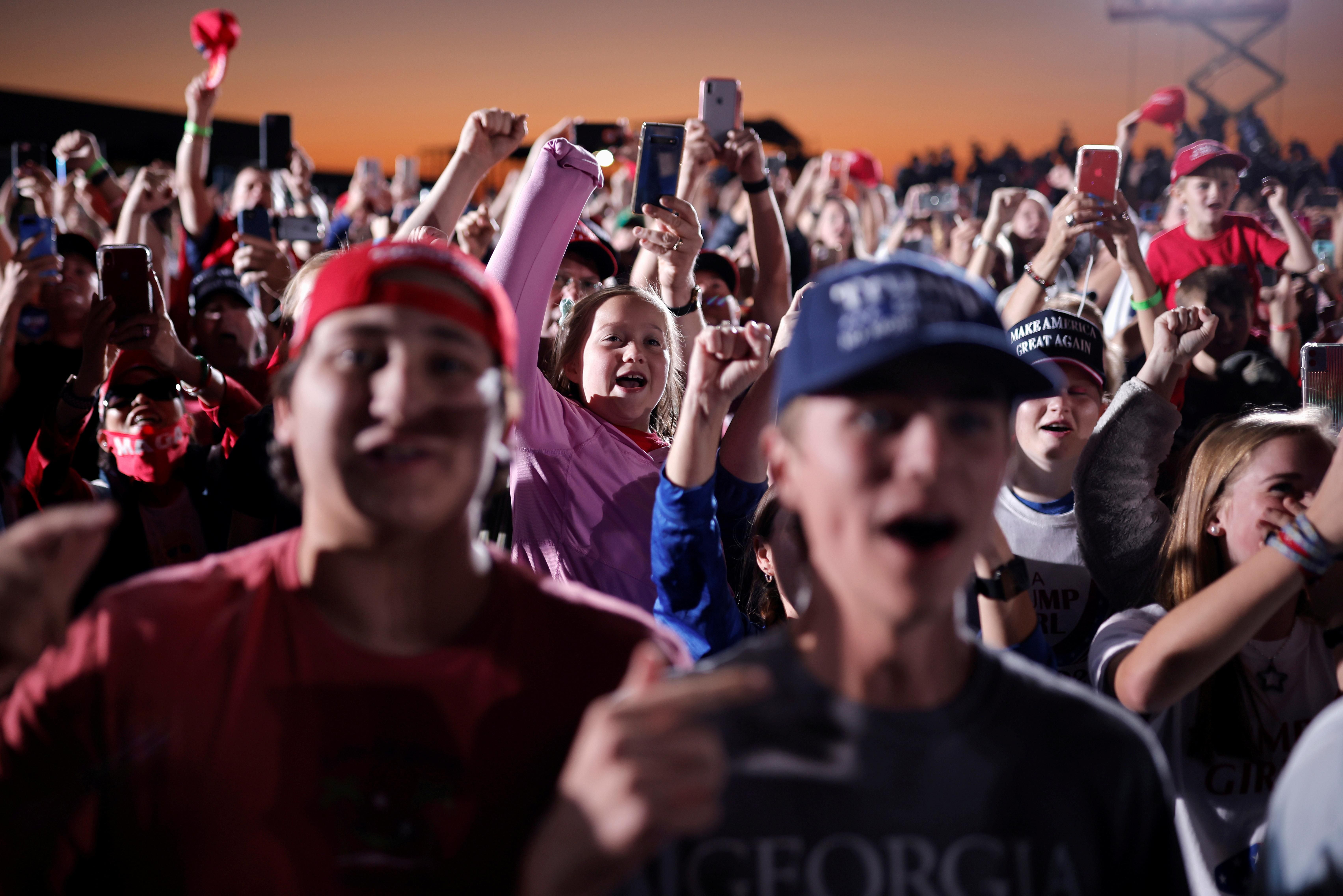December 09, 2020
18: As coronavirus infections continue to surge, a new IPSOS/Axios poll finds that a core group of just 18 percent of Americans continue to regularly engage in the behaviors thought to be riskiest for spreading the disease — like spending time in crowded indoor spaces outside their homes. Those in this group are also less likely to wear masks or be concerned about the pandemic, and more likely to be male, vote Republican, and reject news from traditional sources.
30: The world's wealthiest 1 percent produce more than twice the amount of carbon dioxide emissions as the poorest half of the global population, according to a UN study. The report warned that the rich would need to reduce their carbon output by a factor of thirty to meet the goals set in the Paris Agreement on climate change by 2030.
54: Rich nations have secured 54 percent of doses of the world's most promising COVID-19 vaccines despite accounting for only 14 percent of the global population. The People's Vaccine Alliance, a global coalition that advocates for equitable distribution of vaccines, called on pharmaceutical firms developing vaccines to share their data and technology to distribute more doses to the developing world.
25: Russia has now officially signed an agreement to build a navy base in Sudan and use it for at least 25 years; in exchange for granting Moscow access to the site, Sudan will get weapons and military equipment. This is the latest milestone in Moscow's push to expand its footprint in Africa.More For You
- YouTube
It's one of the few sources Americans across the political spectrum still rely on.
Most Popular
Think you know what's going on around the world? Here's your chance to prove it.
America’s new National Security Strategy confirms what Europeans have feared for months: Washington now sees a strong, unified European Union as a problem to be solved, not an ally to be supported.
Sports inspire greatness, determination, and resilience — both on and off the field. Bank of America is proud to celebrate the achievements of and uplift communities through the power of sports. Learn more about how Bank of America supports athletes in life and in the game.
© 2025 GZERO Media. All Rights Reserved | A Eurasia Group media company.
